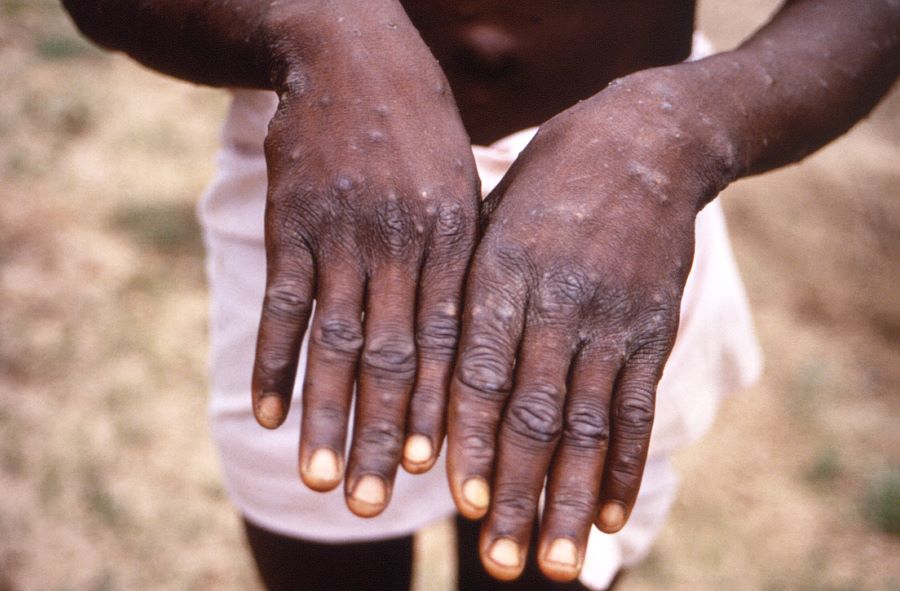
ADDIS ABABA, Aug 15 (NNN-XINHUA) — The Ethiopian Ministry of Health announced that “stronger than usual” health monitoring and inspection measures are being implemented across the country’s border-crossing points and major international gateways in connection with the ongoing mpox outbreak in Africa.
The ministry said in a statement that strict health monitoring and inspection measures are being carried out, with particular emphasis on checkpoints along three Ethiopian regions, namely Oromia, Somali, and South Ethiopia.
It said similar measures are also being conducted at the Addis Ababa Bole International Airport, the East African country’s main international gateway and a primary transit hub for African travelers.
The move came a day after the Africa Centers for Disease Control and Prevention (Africa CDC) declared the ongoing mpox outbreak in Africa as a Public Health Emergency of Continental Security (PHECS) as the number of cases surged across different African countries.
Kenya, Ethiopia’s neighboring country, is one of the four previously unaffected African countries that have reported cases since mid-July. The other three countries are Burundi, Rwanda, and Uganda, according to the World Health Organization.
Announcing that there is no suspected or confirmed case of mpox in Ethiopia so far, the ministry said it has established a Public Health Disaster Coordination and Response Center to facilitate preparedness, monitoring, and response measures at the national level.
Noting that the mpox disease is directly transmitted through human contact, the ministry urged citizens to immediately report to the nearest health facilities if they exhibit the disease’s symptoms.
Declaring the PHECS Tuesday, Africa CDC Director-General Jean Kaseya said the declaration aims to enhance the global response, mitigate the impact of the health threat, and protect public health while minimizing disruptions to travel and trade.
Mpox, also known as monkeypox and first detected in laboratory monkeys in 1958, is assumed to be transmitted from wild animals such as rodents to people or from human to human. It is a rare viral disease usually transmitted through body fluids, respiratory droplets, and other contaminated materials. The infection usually results in fever, rash, and swollen lymph nodes. — NNN-XINHUA
